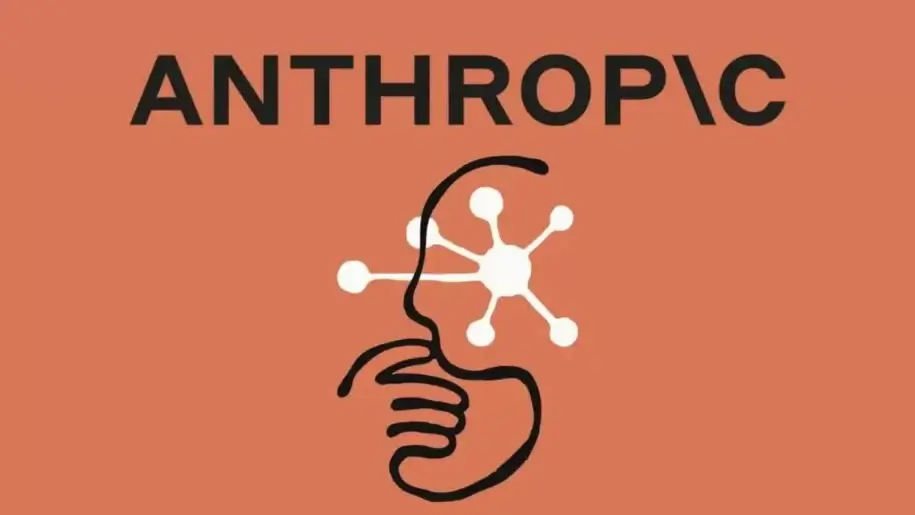Perplexity AI, a company founded in 2022, has rapidly ascended in the artificial intelligence landscape, solidifying its position as a key player with its unique approach to search and information retrieval. The company's recent successful funding round, securing $200 million, has propelled its valuation to a staggering $20 billion. This latest financial injection underscores the confidence investors have in Perplexity's vision and its ability to challenge the dominance of traditional search engines.
Perplexity AI distinguishes itself by blending real-time web search with a conversational interface, providing users with source-attributed answers to complex queries. Unlike conventional search engines that present a list of links, Perplexity synthesizes information and delivers concise, cited responses. This approach caters to users seeking efficient, ad-free, and insightful answers. The platform's appeal is further amplified by its freemium model, offering a free basic version while a paid "Pro" subscription unlocks advanced features like access to more powerful language models and the ability to analyze uploaded files.
The company's growth trajectory has been remarkable. From a $520 million valuation in early 2024, Perplexity's valuation soared to $14 billion by June 2025 and then to $18 billion in July 2025. This rapid ascent reflects the increasing adoption of AI-powered search tools and the strong commercial traction Perplexity has gained. The company boasts over 30 million active users and processes more than 780 million queries each month. Its annual recurring revenue is approaching $200 million, a significant increase from $150 million just a month prior.
Perplexity's ambition extends beyond its core search engine. The company introduced Comet, an AI-powered browser that integrates search, task automation, and multi-task management. In a bold move, Perplexity even made an unsolicited $34.5 billion bid to acquire Google's Chrome browser, signaling its intent to reshape how users interact with the internet. While the offer was viewed by some as a strategic message, it underscored Perplexity's determination to compete with established tech giants.
However, Perplexity's journey has not been without challenges. The company faces increasing competition from other AI players like OpenAI, Google, and Anthropic. Additionally, Perplexity has faced legal scrutiny over allegations of copyright infringement and unauthorized content use. News Corp filed a lawsuit in 2024, and more recently, Encyclopedia Britannica and Merriam-Webster have also taken legal action against Perplexity. These lawsuits highlight the emerging legal complexities surrounding generative AI and the need for companies to navigate copyright and content usage issues carefully.
Despite these challenges, Perplexity AI continues to innovate and expand its offerings. The company is exploring opportunities in the government sector, piloting its tools in federal agencies and engaging with the General Services Administration to formalize its product offerings. Perplexity has also introduced new features like Internal Knowledge Search and Spaces, providing users with more flexibility over their sources.
As the AI search market intensifies, Perplexity's success hinges on its ability to scale its AI capabilities, grow its user base, and forge strong partnerships with publishers. The company's focus on delivering cited answers, prioritizing user experience, and exploring revenue-sharing models with publishers positions it as a formidable contender in the evolving landscape of search and information retrieval. While the company currently generates revenue through a freemium subscription model and is exploring advertising, it may consider other profit models in the future.
Several alternatives and competitors to Perplexity AI exist, including ChatGPT, Gemini (formerly Google Bard), Claude, Microsoft Copilot, and Brave Leo AI. These platforms offer similar conversational and information retrieval capabilities, each with unique features and strengths.



















